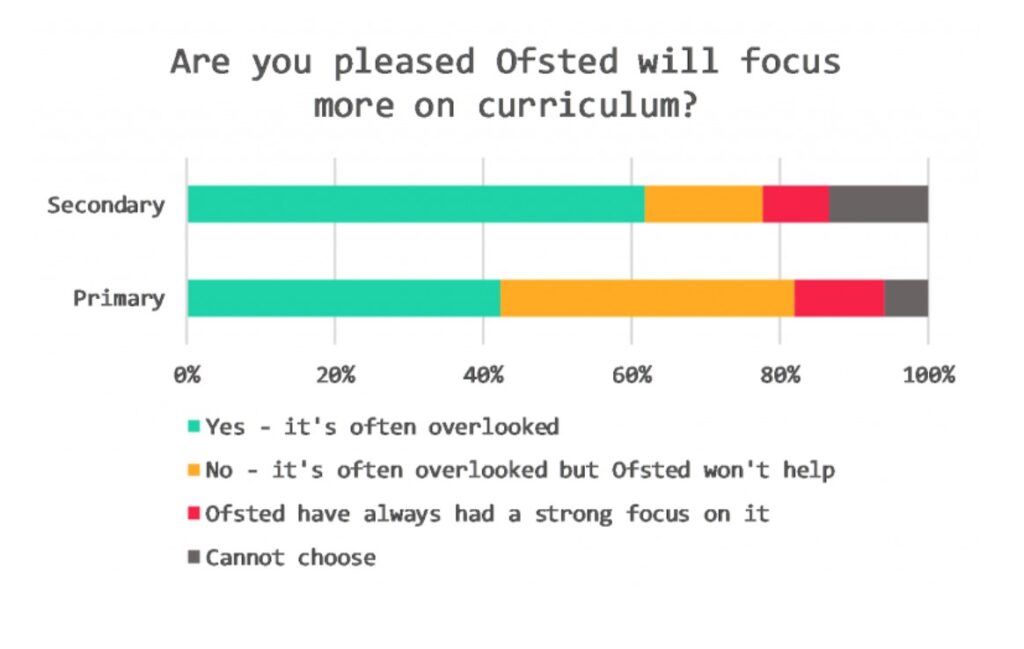02 Mar Curriculum Narrowing: Are the Humanities in Crisis?
This blog post discusses how curriculum narrowing is affecting humanities, arts and social sciences subjects. Our previous blog post discussed the importance of these subjects and the skills that students develop by studying them. Click here to read it first.
The information in this post is sourced from academic literature and surveys from reliable sources. Click here to view the full article, “Recognising the Importance of the Humanities“, which includes academic references and links to further information.
Teachers are Noticing Curriculum Narrowing
In recent years, teachers and education experts have raised concern about the process of curriculum narrowing, where the breadth of subjects offered by education providers is reduced by cutting “non-core subjects” from the curriculum. The humanities, arts and social sciences are often given this negative and arguably untrue categorisation.
In a study of curriculum narrowing in primary schools, it was evident that schools value humanities, arts and social sciences subjects and try hard to reflect this within their curricula. However, this is prevented due to external pressure for students to do well in the “core” subjects of maths, science and literacy.
“We are not judged on the humanities … We are too busy being judged on maths and English, we’re dominated by English and maths … and there’s little time to teach history and geography knowledge”
“It’s so difficult fitting it all in … .The workload for my teachers is heavy”
Quotes from headteachers in a study of UK primary schools by Barnes and Scoffham (2017).
Evidence of Curriculum Narrowing
Studies show that curriculum narrowing is happening in primary schools, with humanities subjects experiencing the squeeze. This process is linked to a combination of insufficient access to teacher training, policy constraints and a shift in the curriculum toward “knowledge at the expense of understanding and experience”.
The trend is not limited to primary schools. Another study found that most humanities A-Level subjects have seen a decrease in take-up since 2016, which cannot be explained by the decrease in 18-year-old students. In the Scottish curriculum, a reduced uptake of “non-core subjects, such as modern languages, arts, humanities and technology” has been observed at lower school levels since the introduction of new National Qualifications. This low uptake has led to a lack of students with experience in these subjects, leading to a reduced uptake throughout the entire school system. Furthermore, the Office for Students recently confirmed that a subsidy “designed to help universities and colleges deliver [expensive] subjects” will be reduced by 50 % for arts subjects in higher education.
However, there is some positive news. There is evidence that higher education in the US is experiencing rejuvenated emphasis on the integration of a broad range of subjects, especially through the provision of courses that focus on global challenges like climate change and poverty.
In the UK, the challenge of curriculum narrowing is recognised by education authorities and there have been efforts to prevent or reduce it. For example, Ofsted expresses a strong stance on preventing curriculum narrowing, with curriculum breadth included within the school inspection handbook. They state that “pupils continue to take a broad range of subjects, including the arts, at key stage 4″. However, their 2019 school inspection update states that “curricular breadth and balance are less important” at Key Stage 1.
Nevertheless, Ofsted does recognise that curriculum narrowing is a challenge, especially at Key Stages 2 and 3 and with “a disproportionately negative effect on the most disadvantaged pupils”. A TeacherTapp survey found that most teachers agree that it is a good thing that Ofsted will increase their focus on the curriculum. The survey suggests that teachers wish for greater priority to be given to curricula in general, but also that there is some lack of trust in the achievement of this goal among primary school teachers.

From TeacherTapp (2017).
What Causes Curriculum Narrowing?
In the USA, an increased emphasis on mathematics and reading ability, for which achievement levels are heavily examined and low achievement is penalised, has caused schools to reduce their focus on other subjects. A similar pressure for achievement in high-stakes testing has led to concerns about the UK curriculum, as illustrated in the previous section. Furthermore, a study found that 13 school days are taken up by testing and practicing for tests at Year 6, which leaves less time for the teaching of a broad curriculum. In 2018, an investigation by Tes found that “GCSE-style tests” are being marketed to KS3 by major exam boards, putting high pressure on students and schools to achieve. This move has been criticised by the Ofsted chief inspector as “cutting down children’s exposure to a full, rich curriculum and reinforc[ing] the idea that targets, predictions and data points are more important than the substance of education”.

A similar problem is being seen at higher education, which experts argue is “viewed as a path for workforce preparation best pursued through a narrowing curriculum”. Essentially, pressure on educational institutions to produce high achieving students has shifted the focus of these providers from broad skills and knowledge to exam success and the resulting progression through the education system. This supports widely held views that the emphasis on high-stakes testing is negatively affecting curriculum breadth and the provision of “non-core” subjects.
What is to be Done?
It is clear that curriculum narrowing is a problem in the UK and in other countries due to the pressure faced by education providers to achieve in high-stakes testing that is focussed on a limited number of subjects. This produces a lack of experience in the humanities, arts and social sciences subjects at lower levels, driving low take-up at higher levels. There is no doubt that this imbalance needs to be addressed at each education level. Not doing this risks producing generations of students inexperienced in the transferable skills that these subjects teach us.
The argument over curriculum narrowing cannot be won by talking about subject knowledge in the humanities, arts and social sciences subjects. As everyone agrees, knowing the date of the Battle of Waterloo is not important for employability, but transferable skills are. So part of the approach must include a curriculum emphasis on building the unique skills that are gained from HASS subjects, such as critical thinking.
At Endoxa Learning, we believe that the “non-core” subjects are essential for developing our young people into successful professionals and global citizens. We help develop strong critical thinkers, who can take transferable skills from subjects like religious education, geography or business and use them in the wider world. Our mission is to enable everyone to think critically, and this starts with the teaching of the subjects that nurture this skill.
Click here to learn how our lessons work.
If you’re passionate about the humanities, arts and social sciences, read our article on the importance of these subjects and the challenge they face from curriculum narrowing.

Images from Ben Mullins on Unsplash and Fauxels on Pexels.


